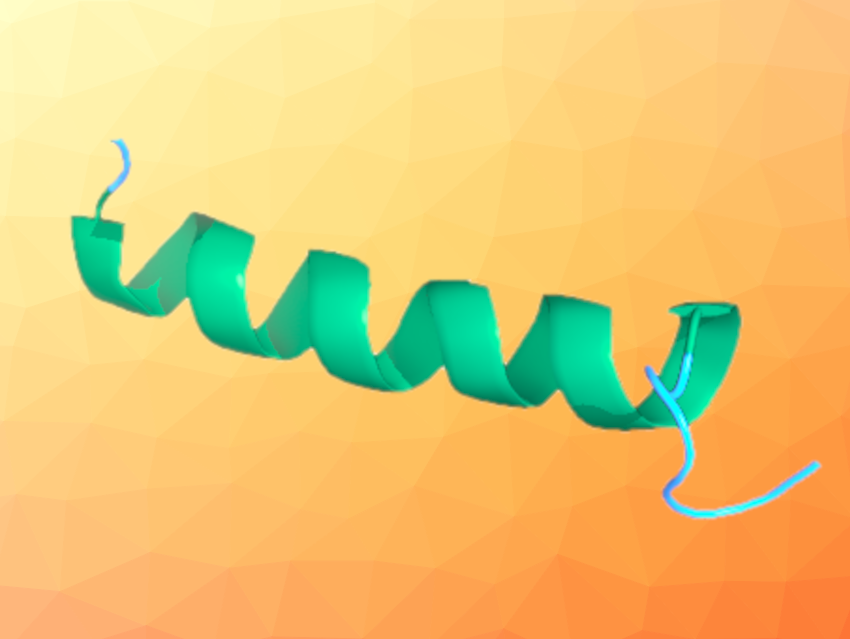The 20 canonical amino acids are encoded in the standard genetic code that governs protein synthesis in living organisms. However, when life first emerged on Earth, early peptides may have included a larger “pool” of amino acids whose existence is prebiotically plausible. This pool was then selected down to the modern amino acid “alphabet”. It is not entirely clear how this process was guided. It has been proposed that of the 20 canonical amino acids, ten “early” amino acids were available from prebiotic sources, while the other ten “late” amino acids were products of biosynthetic pathways. Different noncanonical amino acids (ncAAs) were also probably available from prebiotic sources.
Stephen D. Fried, Johns Hopkins University, Baltimore, MD, USA, Klara Hlouchova, Charles University and Czech Academy of Sciences, Prague, Czech Republic, and colleagues have investigated such noncanonical amino acids to find out why they were not “selected” to construct proteins. The team introduced different ncAAs into combinatorial peptide libraries of 25-mer peptides together with “early” amino acids. Then they evaluated the solubility and secondary structure formation of the resulting polypeptides.
The team found that “foldability”, i.e., the ability to fold into a soluble defined conformation, was likely an important factor in the selection of canonical amino acids. Prebiotically available unbranched aliphatic amino acids, for example, lead to polypeptides that are stabilized in their unfolded conformations and were excluded. Short-chain basic amino acids also decreased “foldability” and were not selected in the “early” amino acids. According to the researchers, the work indicates that the early canonical amino acid alphabet was already remarkably adaptive at supporting protein folding.
- Early Selection of the Amino Acid Alphabet Was Adaptively Shaped by Biophysical Constraints of Foldability,
Mikhail Makarov, Alma C. Sanchez Rocha, Robin Krystufek, Ivan Cherepashuk, Volha Dzmitruk, Tatsiana Charnavets, Anneliese M. Faustino, Michal Lebl, Kosuke Fujishima, Stephen D. Fried, Klara Hlouchova,
J. Am. Chem. Soc. 2023.
https://doi.org/10.1021/jacs.2c12987



